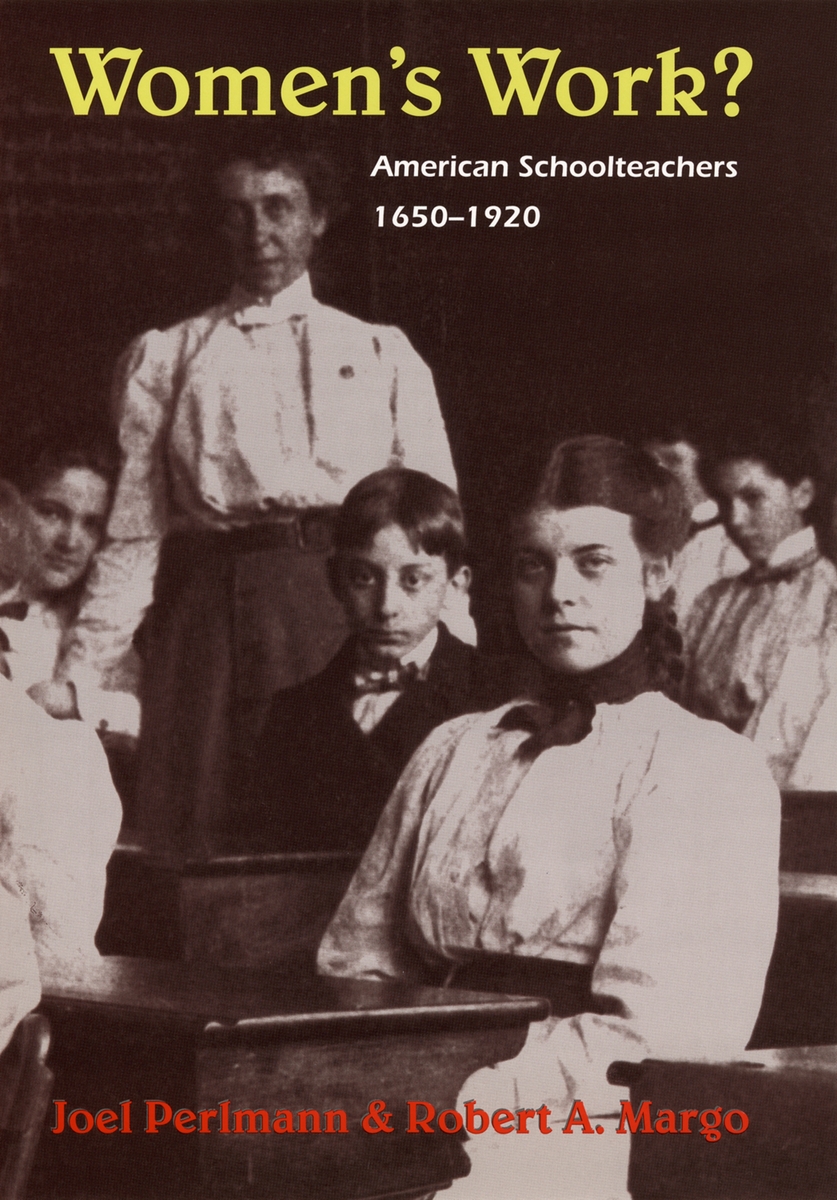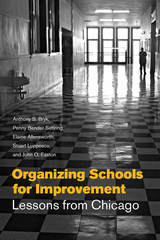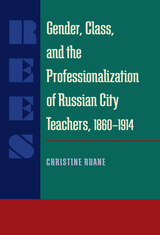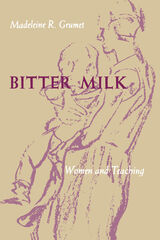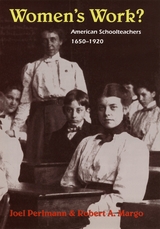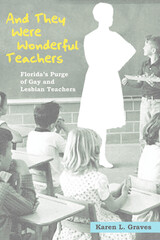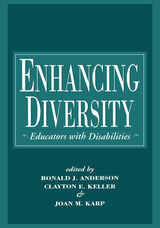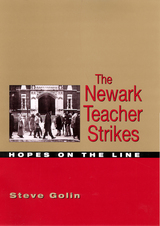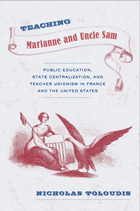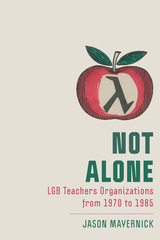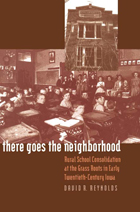Women's Work?: American Schoolteachers, 1650-1920
University of Chicago Press, 2001
eISBN: 978-0-226-66041-7 | Cloth: 978-0-226-66039-4
Library of Congress Classification LB2837.P38 2001
Dewey Decimal Classification 372.110082
eISBN: 978-0-226-66041-7 | Cloth: 978-0-226-66039-4
Library of Congress Classification LB2837.P38 2001
Dewey Decimal Classification 372.110082
ABOUT THIS BOOK | AUTHOR BIOGRAPHY | TOC | REQUEST ACCESSIBLE FILE
ABOUT THIS BOOK
American schoolteaching is one of few occupations to have undergone a thorough gender shift yet previous explanations have neglected a key feature of the transition: its regional character. By the early 1800s, far higher proportions of women were teaching in the Northeast than in the South, and this regional difference was reproduced as settlers moved West before the Civil War. What explains the creation of these divergent regional arrangements in the East, their recreation in the West, and their eventual disappearance by the next century?
In Women's Work the authors blend newly available quantitative evidence with historical narrative to show that distinctive regional school structures and related cultural patterns account for the initial regional difference, while a growing recognition that women could handle the work after they temporarily replaced men during the Civil War helps explain this widespread shift to female teachers later in the century. Yet despite this shift, a significant gender gap in pay and positions remained. This book offers an original and thought-provoking account of a remarkable historical transition.
In Women's Work the authors blend newly available quantitative evidence with historical narrative to show that distinctive regional school structures and related cultural patterns account for the initial regional difference, while a growing recognition that women could handle the work after they temporarily replaced men during the Civil War helps explain this widespread shift to female teachers later in the century. Yet despite this shift, a significant gender gap in pay and positions remained. This book offers an original and thought-provoking account of a remarkable historical transition.
See other books on: Gender Studies | Margo, Robert A. | Perlmann, Joel | Women teachers | Women's Work
See other titles from University of Chicago Press
